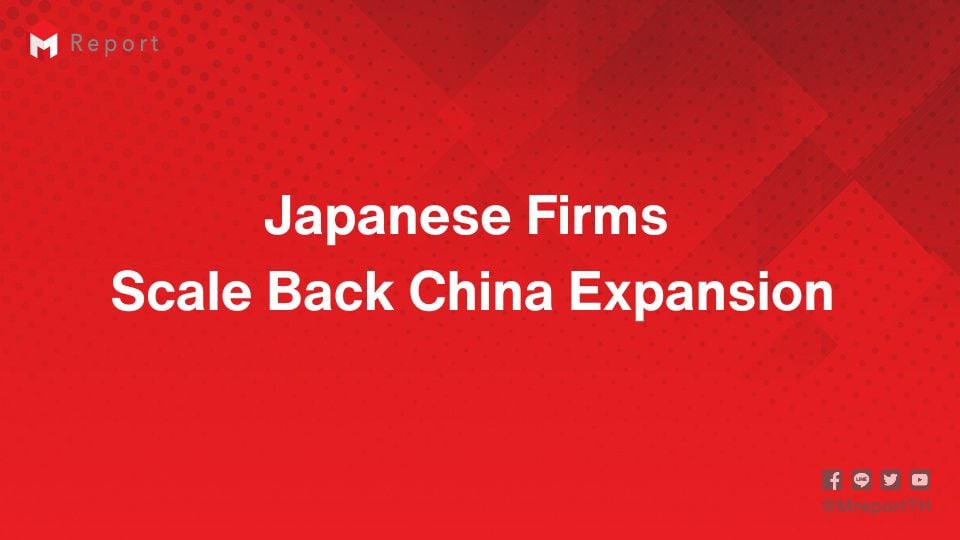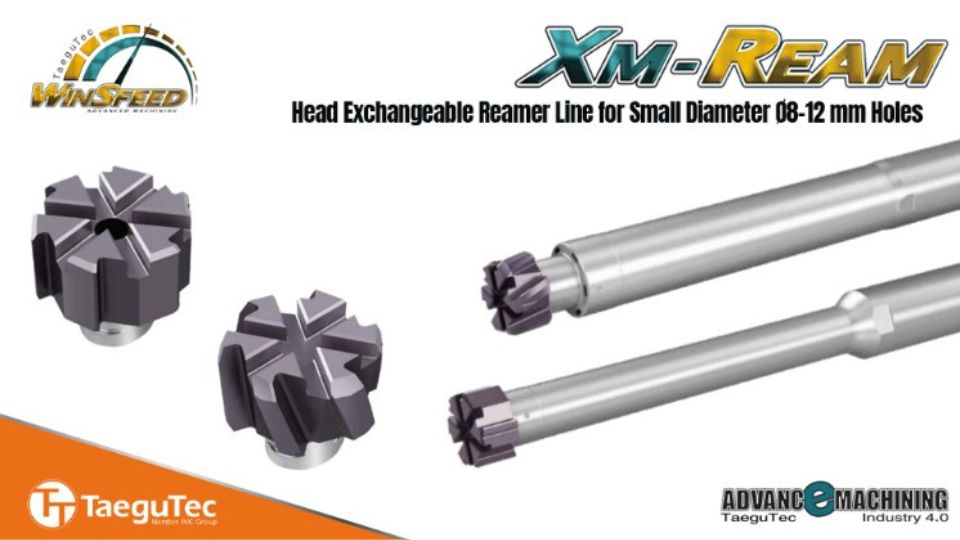
Japanese Firms Scale Back China Expansion to 21%
Japanese companies are “expanding” into China at a rate of just 21% due to sluggish domestic demand and U.S. sanctions, according to a JETRO survey.
Keeping an eye on additional tariffs from the Trump administration
Concerns about the future of the Chinese economy are growing. According to a survey of Japanese companies conducted by the Japan External Trade Organization (JETRO), the percentage of respondents who said they would “expand” their business in China over the next one to two years was 21.7%—the lowest since comparable data became available in 2007. In addition to sluggish domestic demand in China, driven by the real estate downturn, U.S. sanctions against China are also casting a shadow. The next Trump administration is expected to impose additional tariffs on countries beyond China, further raising concerns about disruptions to the supply chain. (Editorial Committee Member, Akio Tanaka)
In the 2024 JETRO Survey on the Status of Japanese Companies Expanding Overseas, out of 7,410 valid responses, 762 companies expressed noticeable caution regarding their business in China. The survey was conducted from late August to September.
JETRO Chairman Norihiko Ishiguro explained, “There has been a noticeable trend of companies scaling back their operations due to declining local demand and orders in China. Additionally, a certain number of companies cited geopolitical risks as a reason for downsizing.” The rapid expansion of electric vehicles (EVs) in China has also intensified competition, with Ishiguro noting that “Japanese companies are facing tough competition.”
Meanwhile, 80.3% of respondents said they planned to expand their business in India over the next one to two years. Additionally, over 60% of respondents indicated plans to expand in Brazil and the United Arab Emirates (UAE), signaling a clear intent to capture strong demand in the Global South (emerging and developing countries, mainly in the Southern Hemisphere).
However, uncertainty in the global economy has increased following the November U.S. presidential election, which saw former President Trump, a proponent of the “America First” policy, return to office. Trump has already indicated his intention to impose an additional 10% tariff on Chinese products and a 25% tariff on imports from Mexico and Canada, raising concerns about supply chain disruptions.
Chairman Ishiguro believes that “if additional tariffs are implemented, there is a possibility that the supply chain—particularly for automobile-related products produced in Mexico and supplied to the United States—will be reviewed.” However, he added, “It is important to closely monitor which items will be subject to additional tariffs, and we intend to provide companies with timely and relevant information on the specific measures.”
Japan, China, Investment, Jetro






